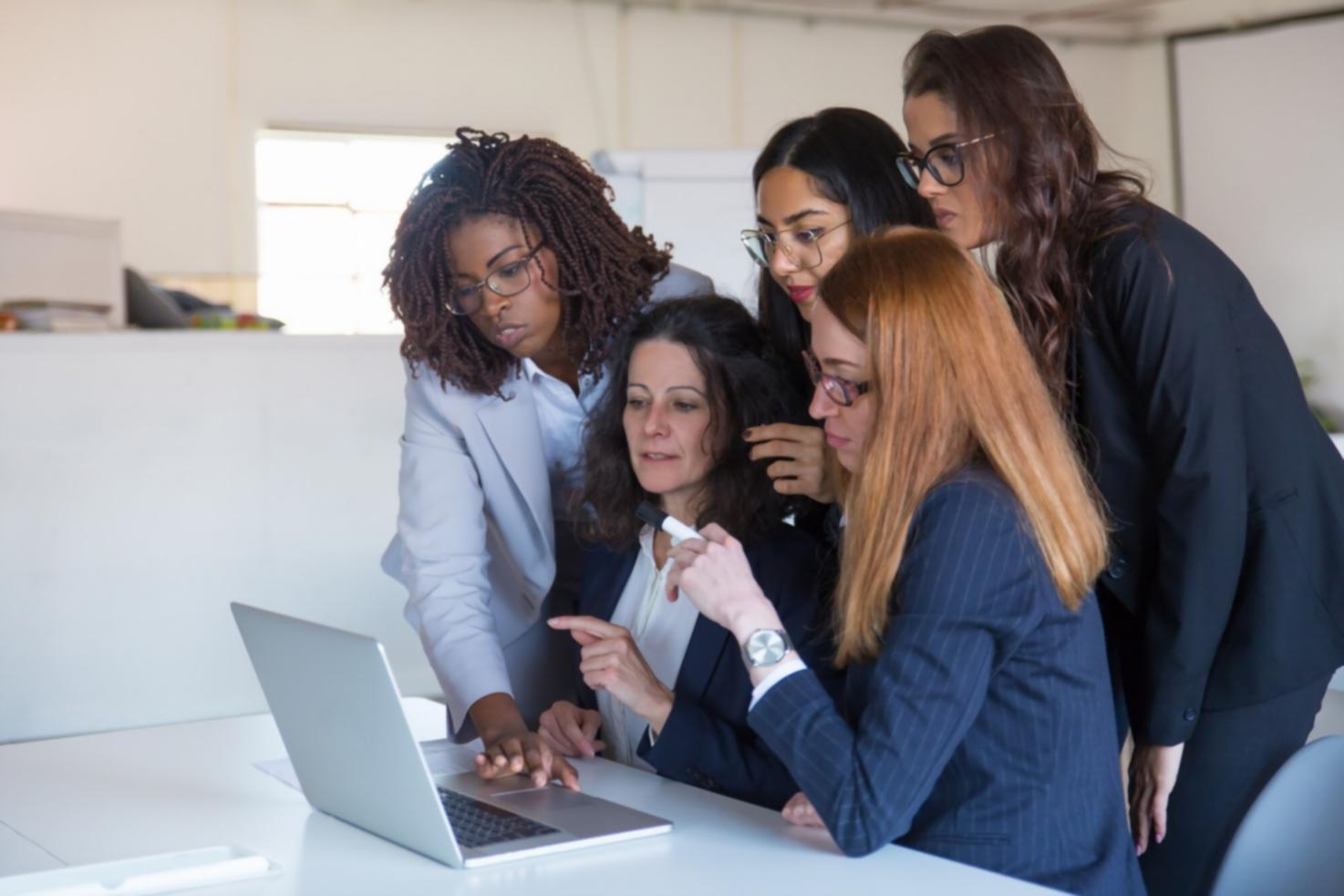Remote Learning for Financial Skills That Actually Work
Distance shouldn't stop you from building entrepreneurial skills. Here's how we've adapted our approach to make learning from home feel less isolated and more practical.
Why Remote Learning Needs a Different Strategy
Most people think online education is just about watching videos and taking quizzes. But when you're learning financial planning or business cash flow management, that approach falls apart quickly.
We started offering remote options back in early 2024, mostly out of necessity. What we discovered surprised us. Students needed more structure than in-person classes, not less. They needed accountability partners. They needed real examples they could apply immediately.
So we built something different. Our remote approach focuses on small cohorts—usually eight to twelve people—who work through scenarios together. You're not watching a recorded lecture from 2022. You're in a live session with others who are figuring out the same challenges.
Our Three-Layer Method
We combine structured weekly sessions with flexible practice time and one-on-one check-ins. This gives you the framework you need without making remote learning feel like you're just another face in a Zoom grid.

How We Structure Remote Sessions
Breaking away from the typical webinar format means rethinking how information flows and how students actually retain what they're learning.
Live Problem Solving
Every Tuesday evening, we work through a real business scenario. Could be pricing strategy, could be expense tracking. The point is applying concepts immediately rather than memorizing theory.
Peer Review Sessions
Thursday mornings are for reviewing each other's work. You'll look at how someone else approached their budget or marketing plan. This builds your analytical skills faster than any lecture could.
Individual Application
Between sessions, you're applying what you learned to your own business idea or financial situation. This isn't homework—it's building something you'll actually use.
Quick Check-Ins
Brief 15-minute conversations every other week. Not formal reviews, just chances to troubleshoot what's not clicking or celebrate what's working well.
Resource Library Access
Templates, calculators, and reference materials you can grab whenever you need them. We update these based on what students actually ask for, not what we think they should want.
Optional Office Hours
Friday afternoons, we're available for questions that don't fit neatly into scheduled sessions. Sometimes the best learning happens in these unstructured moments.

What Makes Remote Learning Actually Stick
The biggest challenge with distance education isn't the technology. It's maintaining momentum when nobody's watching and making connections when you're physically alone.
We've found three things make a real difference in whether students finish what they start and actually use what they learn.
Accountability Partners Built In
You're paired with someone else in the cohort from week two. Not for group projects—just someone who knows what you're working on and checks in occasionally. Makes a bigger difference than you'd think.
Real Business Context
We don't teach abstract financial concepts. Every topic connects to actual business decisions—pricing services, managing irregular income, planning for growth. You learn it because you need it.
Flexible Pacing With Structure
Core sessions happen at set times, but the application work fits your schedule. Some students spend three hours on Saturday, others do 30 minutes most evenings. Both work fine.

Brynja Ellingsen
Remote Learning Coordinator
Learning From Someone Who Gets It
Brynja spent five years building remote training programs for finance professionals before joining thalveniqos in mid-2024. She's the one who convinced us that smaller cohorts and more interaction would work better than trying to scale to hundreds of students.
She runs most of the Tuesday sessions and coordinates the peer review process. Her background is in small business accounting, which means she's dealt with most of the scenarios we discuss in class.
"The students who succeed aren't necessarily the ones with business experience. They're the ones who show up consistently and aren't afraid to share their mistakes during peer reviews. That's where the real learning happens."